by Angus Scully
Ben Dunkelman was born in 1913 in Toronto to a wealthy Jewish family. His father owned Tip Top Tailors, Canada’s largest manufacturer and seller of men’s clothing. His mother was a leader in the Canadian Red Cross, founded a newspaper, The Jewish Standard, and was an enthusiastic Zionist. As a boy, Ben met prominent Zionists who came to stay at the family’s 90-acre estate on the outskirts of Toronto. One of them was Chaim Weizmann, who was president of the World Zionist Organization and later became the first president of Israel.
[text_ad]
At home and at the family’s summer home on Lake Simcoe, Ben grew to love the outdoors and sailing. He attended Upper Canada College, an elite private school whose cadet corps was affiliated with the Queen’s Own Rifles. The college placed a great deal of emphasis on patriotism and loyalty to king and country. Ben was a so-so student, but an excellent athlete, playing hockey and football. For the football team, at 6 feet 2 inches and 200 pounds, he often played both offense and defense for the whole game. He was so good that the team basically had one play—give the ball to Dunkelman.
Nothing perhaps shows his privileged background more than the gift his parents presented for his 18th birthday—in the middle of the worst of the Great Depression. It was a round-trip ticket to Palestine and $500 spending money.
Ben traveled on his own, first to Europe where he took in the sights, including a cruise on the Rhine, and then on to Jerusalem. Not surprisingly, given his childhood, he decided to stay in Jerusalem for a while. What he did might not have been expected from a rich boy from Canada who grew up with servants, summer homes, and the best private schools. Ben went to work at the Jewish settlement of Tel Asher, 30 miles north of Tel Aviv. It was a rough and primitive place. He had a bug-infested straw mattress to sleep on after long exhausting days stooped over a short-handled hoe.
Being naturally strong, Ben quickly toughened up and soon reveled in the hard work, companionship with the other laborers, and the pay of a dollar a day. His parents wanted him to return home, but he kept cashing in the tickets they sent and bought himself a shotgun, which allowed him to become a watchman, protecting the settlement from thieves and trespassers. This led to several fights, but he was a big man and toughened by manual labor. He won all his scraps.
After a year at Tel Asher, Ben was persuaded by a family friend to return to Canada. The boy of privilege had received a good upbringing in a loving family, but there is no doubt that his year at Tel Asher made him capable of dealing with a harsh life.
Ben Found out That the Navy had a Policy of not Accepting Jews as Officers. Angry but not Deterred, He Joined the Militia as a Rifleman
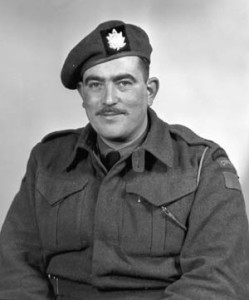
Back in Toronto, Ben was a dutiful son and entered the family business, starting at the bottom and doing a bit of every job in the factory and stores. However, he longed to return to Palestine and his great adventure. He did go back in 1935 to try to set up a farm, but the deal fell through and illness forced him to return to Canada. Back in Toronto, he was something of a party animal and admitted to heavy drinking and a love of fast cars.
The Depression was hurting the family finances, and the family estate, Sunnybrook, was sold off to pay debts. Ben threw himself into the business and introduced new ladies wear and sportswear departments into the stores. The business survived, and Ben led the life of a single playboy.
When Canada entered the war, Ben announced that he was going to enlist. His family was opposed, especially as Ben would have been exempt from service as an executive in the clothing industry, which produced uniforms. When Ben’s father arranged for him to become a lieutenant colonel in the Ordnance Corps with responsibilities for military supplies, Ben refused. He first tried to join the Royal Canadian Navy, but it considered him overqualified to be a seaman and put him on a waiting list to be trained as an officer.
After waiting to be called all winter, Ben found out that the Navy had a policy of not accepting Jews as officers (later reversed). Angry but not deterred, he joined the militia, as a rifleman in the second battalion of the Queen’s Own Rifles of Canada, training evenings and weekends. A natural leader and an experienced businessman, Ben was promoted to sergeant, sent through an NCO’s course, and then served as an acting company sergeant major. After six months as an NCO, he was accepted for officers’ training. At 28, he was older than the average soldier and no longer a lean and hard teenager.
After being commissioned a lieutenant, Ben was assigned to train new recruits, but he strained to get into combat. He was shipped overseas in 1943, to rejoin the 1st Battalion of the Queen’s Own, where he immediately exerted his personality and leadership in command of the mortar platoon. The regimental history tells about the Christmas party given for English children in 1943. “Soldiers provided goodies from their own parcels from home. The outstanding feature of the party was Lt. Ben Dunkelman’s interpretation of Santa Claus. His commanding height, resounding voice and histrionic ability all combined to keep the children in ecstasies.”
By the end of the war, Dunkelman, who had led his mortar platoon at Juno Beach on D-Day, was very ill with malaria and tired of fighting. When offered command of the 1st Battalion of the Queen’s Own, he turned it down. In late 1945, Dunkelman returned to life at Tip Top Tailors.
While he enjoyed peacetime life and recovered his health, Palestine was never far from Dunkelman’s mind. The full impact of the Holocaust was revealed, and the news was full of stories about Jewish refugees being kept out of Palestine by the British. As a prominent decorated war hero and member of an important Zionist family, Dunkelman was drawn into activities supporting the cause in Palestine. He became the head of the Haganah Committee in Canada, raising funds and finding volunteers and war surplus equipment to send to Palestine. Then, he was encouraged to use his military experience by two outstanding supporters of Israel.
Ben Devised an Unorthodox Plan to Capture All of the Galilee in Just 36 Hours and With Few Casualties.
Lady Lorna Wingate, widow of General Orde Wingate of Burma fame, was, like her husband, an ardent Zionist. On a visit to Toronto, she challenged Ben to return to Palestine where trained combat officers were needed. Colonel David Marcus (formerly of the U.S. Army) was a West Point graduate who was actively working to recruit volunteers for the Israeli cause. He wanted Ben to raise a brigade of English-speaking volunteers, which Ben could legally do in Canada. American volunteers would, under U.S. law, forfeit their citizenship. Given Ben’s background, his departure for Palestine was inevitable.
Dunkelman arrived in Palestine under a false British passport in March 1948, and started working with the Palmach. He was then attached to the Harel Brigade as a supernumerary staff officer. At first the brigade did not know what to do with Ben, but his experience soon told, and the brigade commander, Yitzhak Rabin, gave Ben more and more responsibility. Ben planned the Harel Brigade’s breakout from Jerusalem to Tel Aviv in May 1948. On a broader front, he solved problems with mortar production, distribution, and training for the whole Israeli Army. Again Ben’s leadership and experience were rewarded when David Ben Gurion appointed him commander of the 7th Brigade of the Israeli Army.
The 7th Brigade was made up of many recent immigrants and had suffered high casualties at the hands of the regulars of the Jordanian Army. To restore morale, Ben worked hard at training and organizing courses for officers and NCOs. To find out if the new arrivals really had the military experience many claimed, Ben used a former U.S. Marine Corps officer to put them through a course of unarmed combat and a former sergeant major of the Black Watch to put them through a parade ground routine. Those who had never served in an infantry outfit were quickly exposed.
The revitalized brigade was now more than a match for the Arab armies it faced. In July 1948, it attacked and captured Nazareth. In October, during Operation Hiram, Ben devised an unorthodox plan to capture all of the Galilee in just 36 hours and with few casualties.
After Operation Hiram, Ben married Yael Lifshitz, who had been a secretary at Northern Command Headquarters of the Israeli Army. While they were on a brief honeymoon trip to Canada, an armistice was arranged. Upon their return to Israel, Ben Gurion offered Dunkelman command of the armored corps. Dunkelman turned it down, saying he was not a soldier. A year later, he and Yael moved to Canada, and once again Dunkelman took over the family business. Ben later sold the family business and, with Yael, opened an art gallery in Toronto.
Although Dunkelman always thought of himself as a civilian, he proved he was a formidable combat leader in two wars. He rose to high command in Israel and in business, yet when he wrote his memoirs, he remembered Aubrey Cosens and the Queen’s Own with these words: “Never in my life, either before or since, have I found a body of men who were closer or dearer to me than the young soldiers of D Company. They had put their trust in me, and I had always done my best to justify that.”
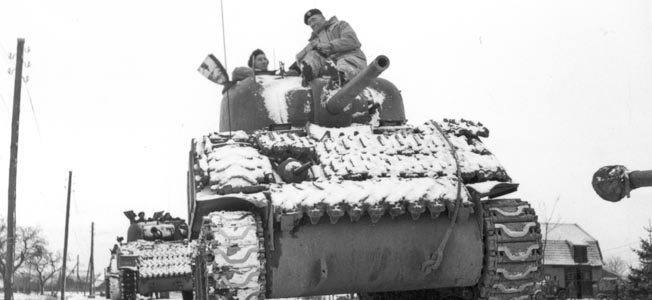
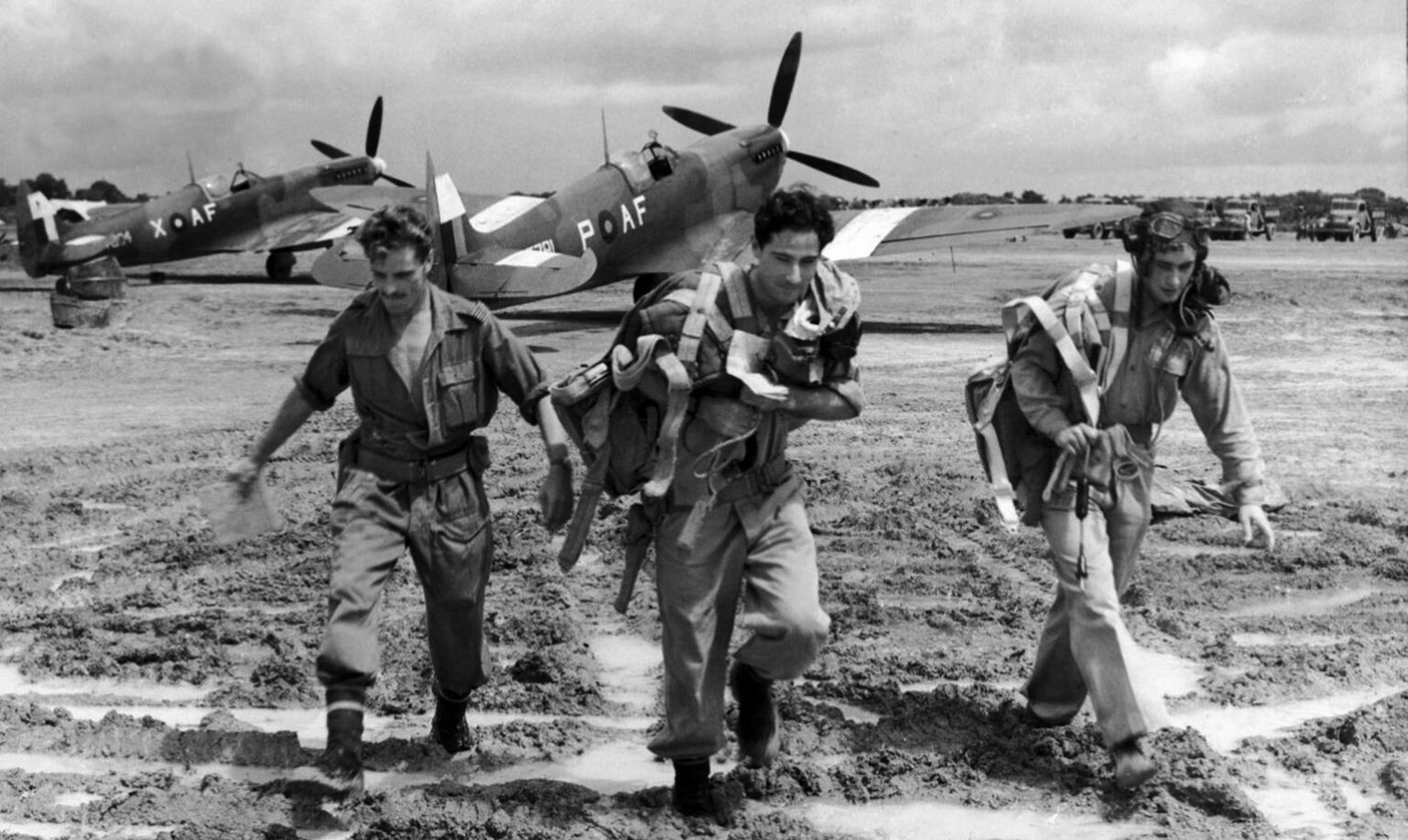
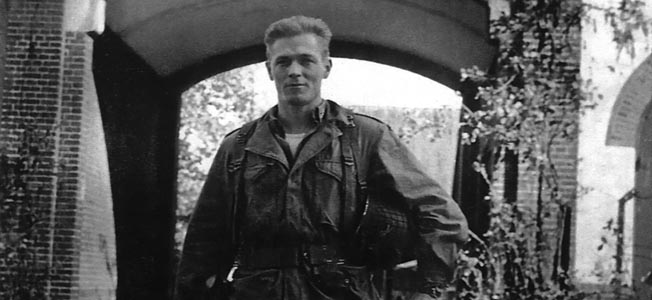
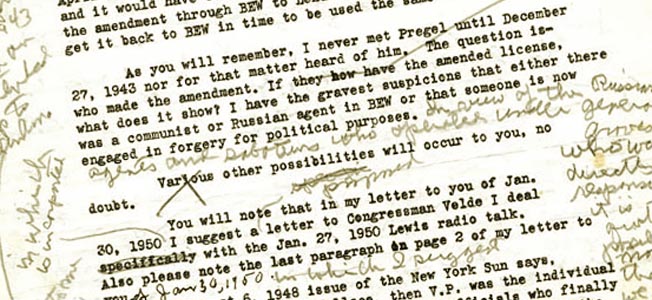
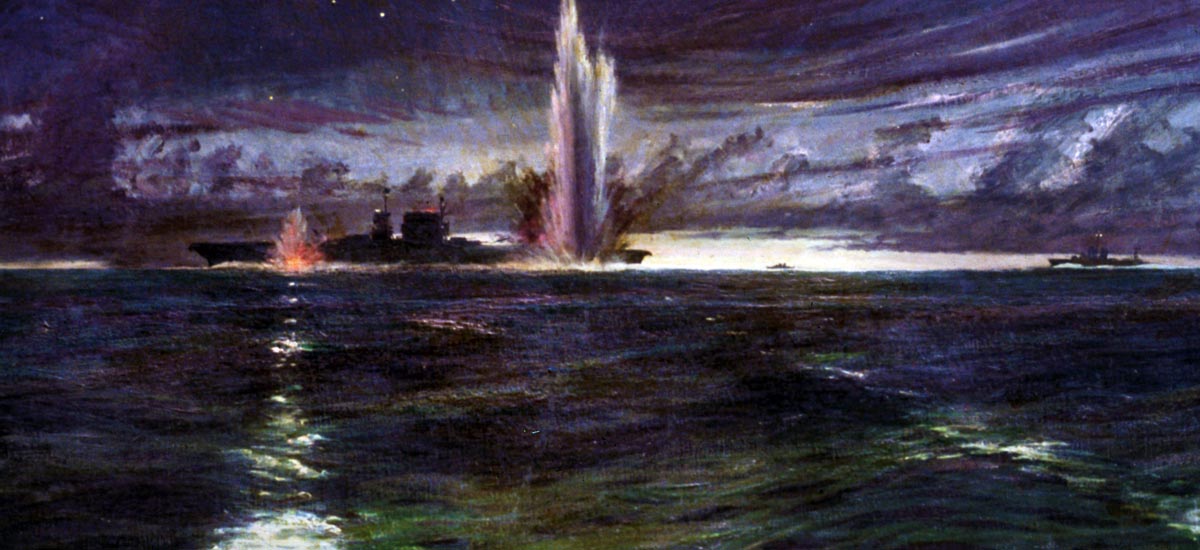
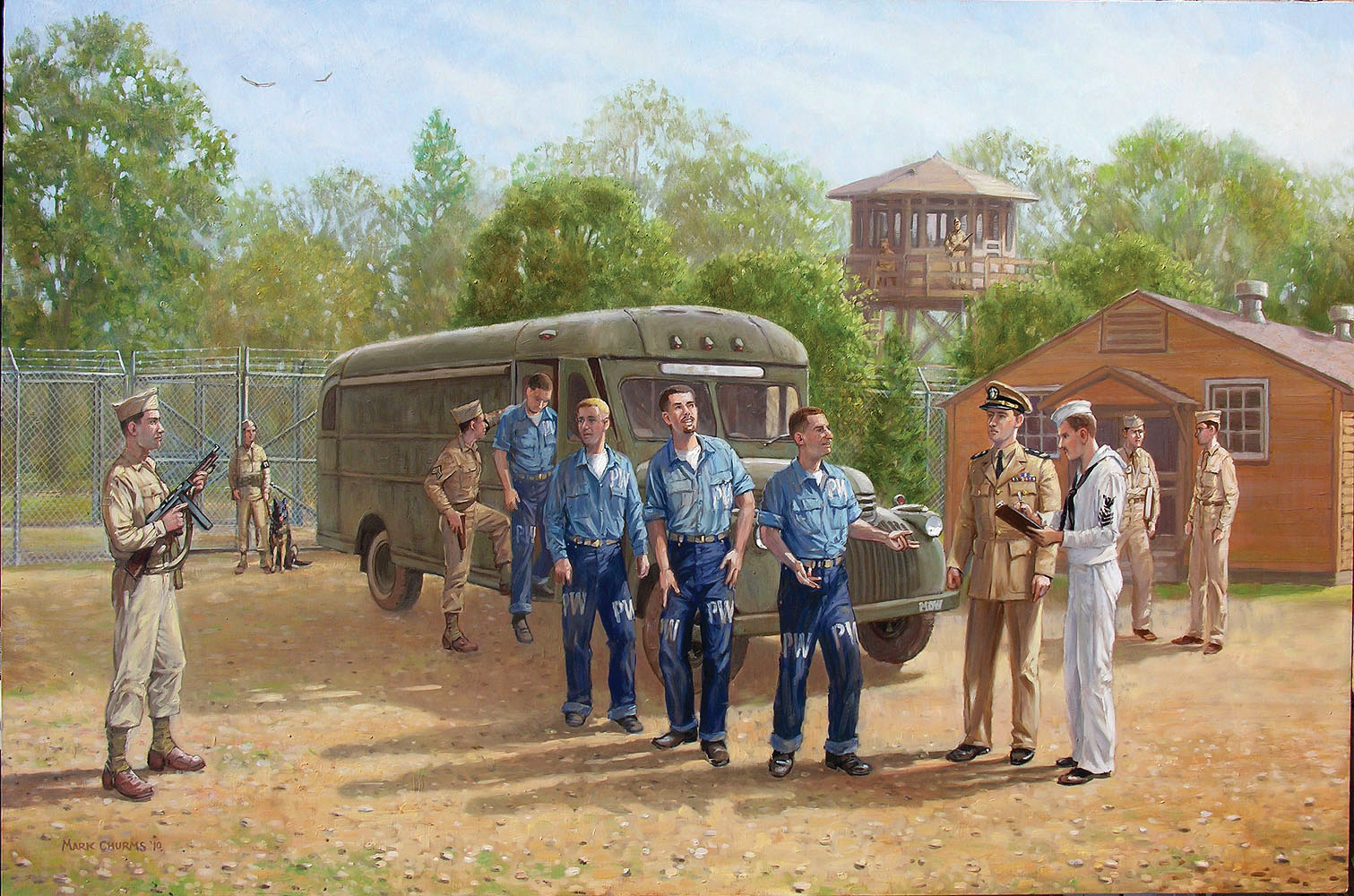
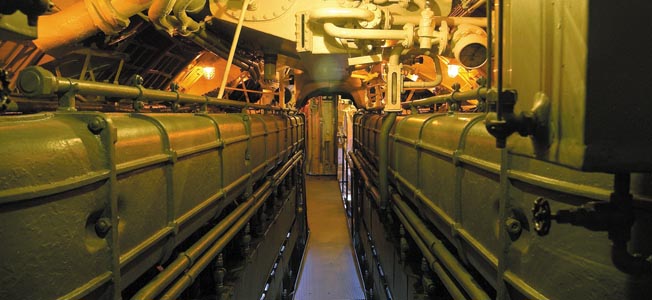
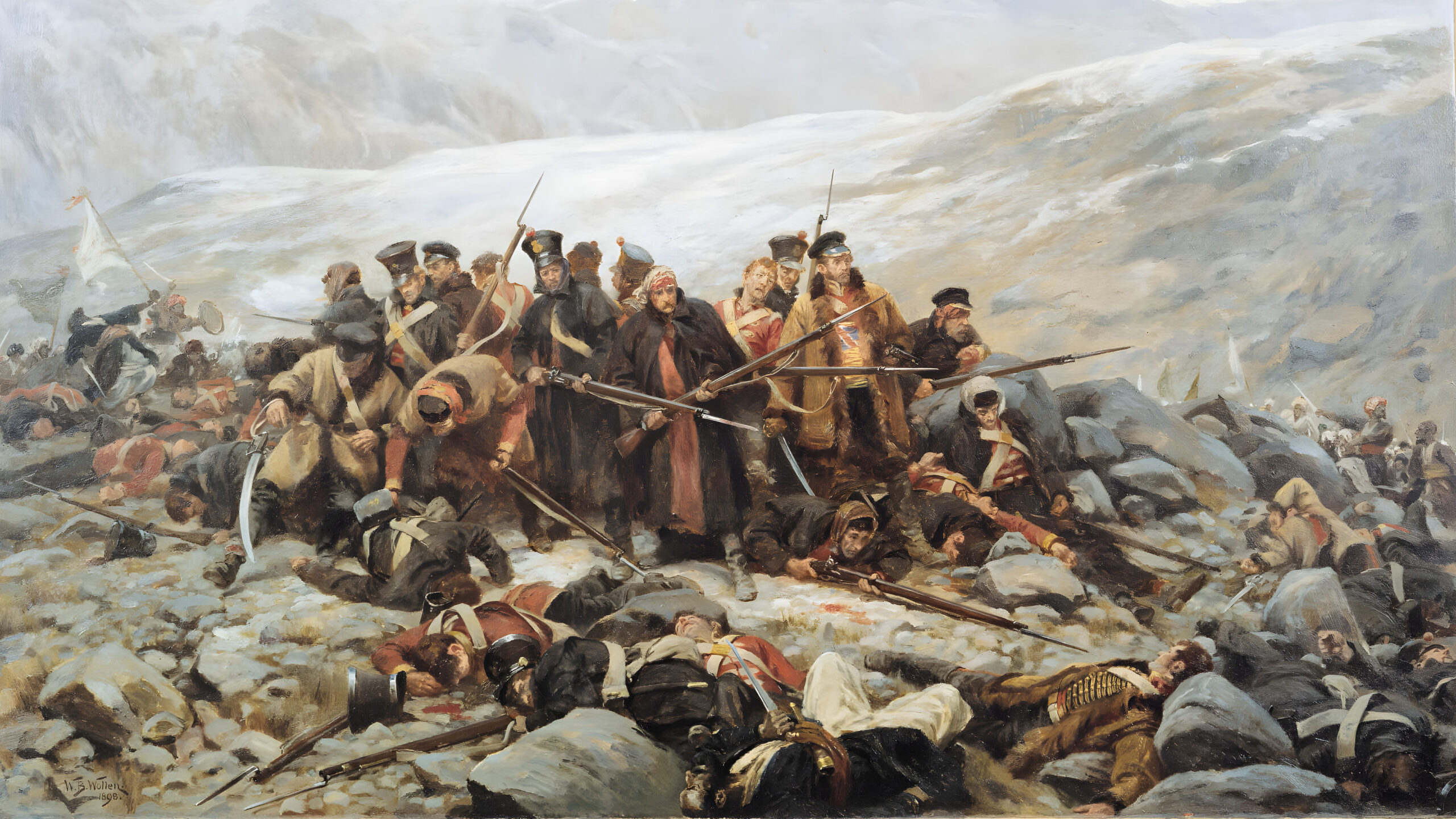
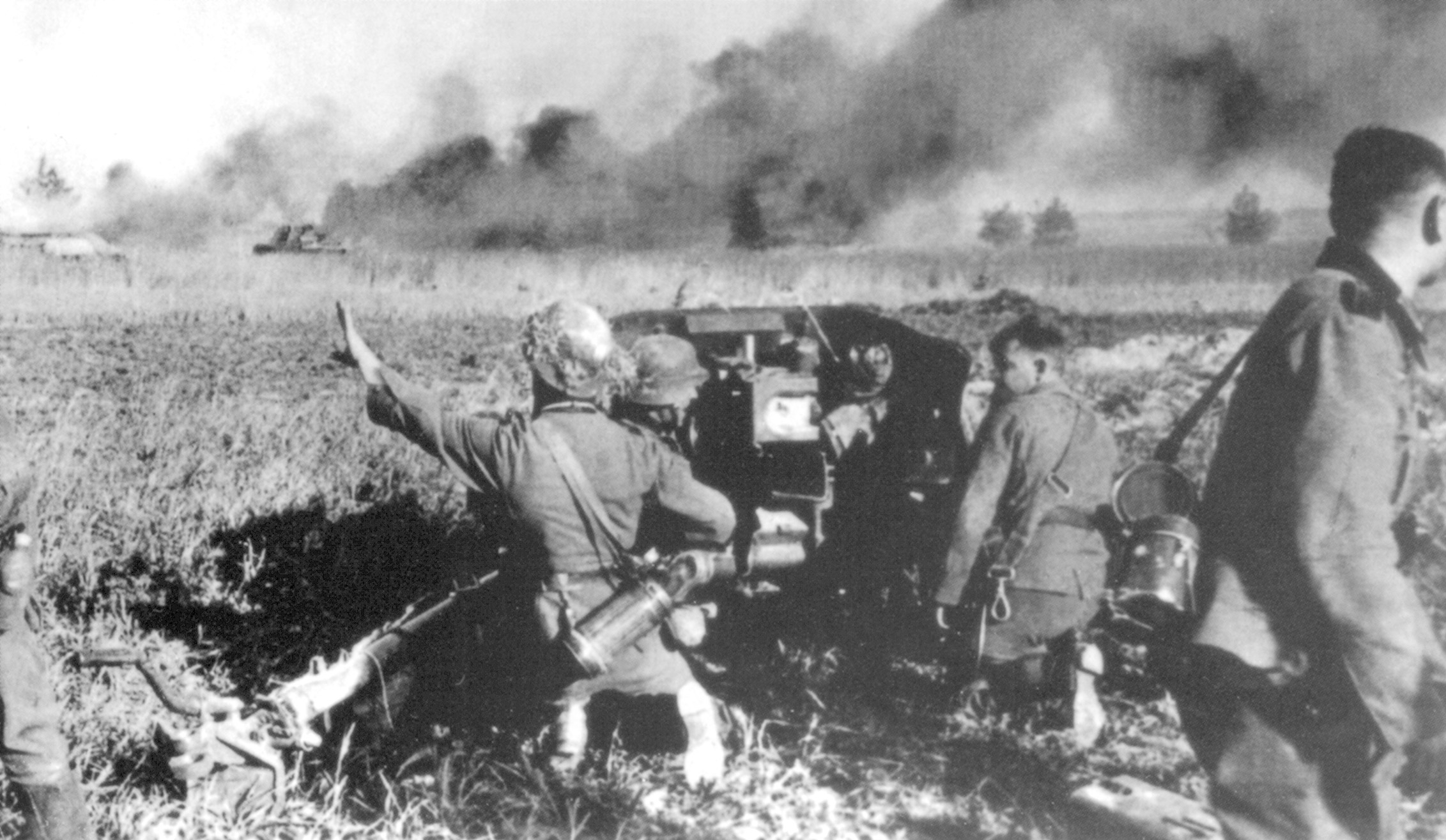
Join The Conversation
Comments
View All Comments